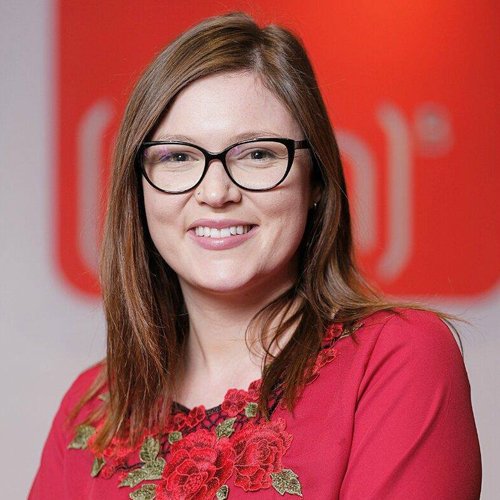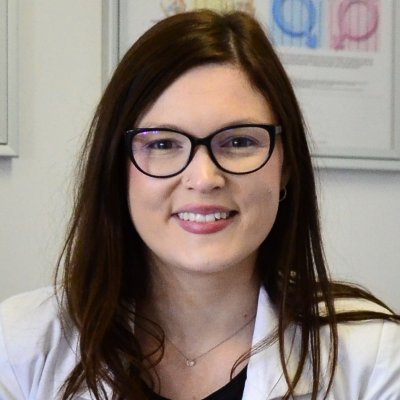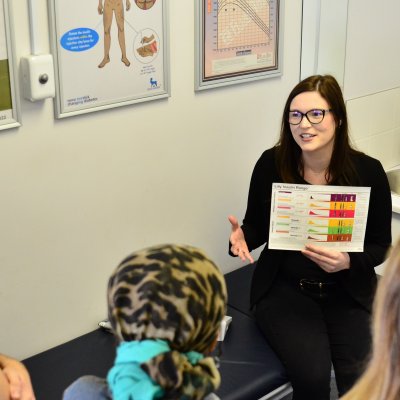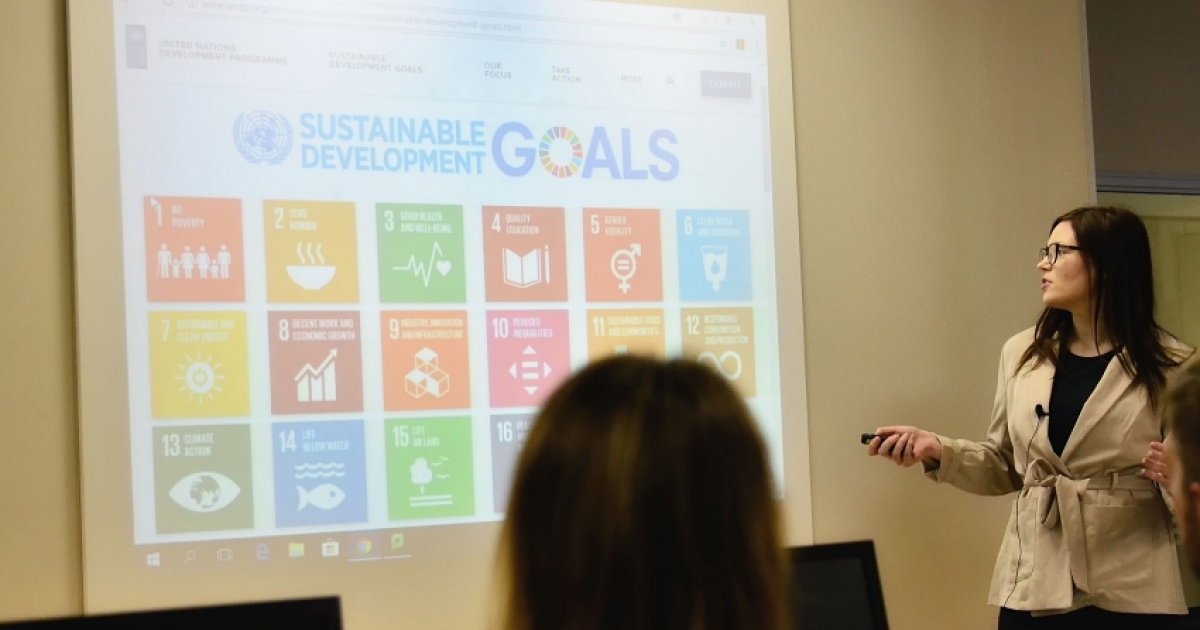“The Concept of a Better World Involves Solidarity”
Q: Tell us a few things about your country, and also your life's story!
A: South Africa is a diverse land of 11 official languages, a melting pot of cultures and a hub of development in Africa. South Africa has the second largest economy in Africa with a population of 55 million people. South Africa is a megadiverse country with a majority share of the Earth's environmental species and is home to the oldest remains of modern humans.
I am proudly South African, born in 1994 in the small city of East London. I went to school and university within the Eastern Cape Province, being an alumni of Rhodes University and a current postgraduate student at Nelson Mandela University. I am a pharmacy graduate, with a keen interest in public health, health innovation and the role of health in the sustainable development agenda. I am currently conducting research into pharmacy practice within the public primary healthcare sector in the Eastern Cape and have been actively involved in health promotion at community-based level and have had valued experiences with researchers on topics of non-communicable diseases, neglected tropical diseases and gender in health in developing nations. Additionally, I aim to develop my involvement in social innovation and enterprise, particularly in the health sector, to improve practice, lessen inequalities in health and to strengthen health systems functioning.
Q: What is your view of the world as it is today? And how do you define the concept of a better world?
A: Our world today is full of inequalities, with economic, political and social inequalities being rife in communities. This often manifests as lack of access to basic education, health, employment or political representation. This inequality fuels suffering, exploitation and the cycle of poverty. Leaders chosen to lead nations and communities are rarely motivated by ethical and responsible leadership; resulting in a lack of young, thoughtful and innovative leadership to guide nations to finding new solutions to old problems.
The future, and concept of a better world, involves solidarity in targeting these inequalities. The empowerment of people is crucial in this attainment with emphasis on the development of knowledge and critical thinking to reconsider how things are done and to change communities for the better.
Q: What are some of the key challenges in your society?
A: I believe my society is facing a few key challenges. Firstly, I believe my society is struggling to empower the youth effectively through quality education (basic and tertiary), political representation and job creation/economic empowerment. The African continent is currently experiencing a ‘youth bulge’ with an opportunity to invest in this demographic dividend to boost our economy. I believe more can be done to practically empower the youth to promote this opportunity to better well-being of communities.
Currently, I believe the issue of gender inequality is not being addressed enough in communities, resulting in high gender-based violence, inaccessibility of equal opportunities for girls and boys, and a general low social understanding of aspects of gender within differing communities. Women find it hard to have the same privilege as men when seeking employment, having access to education and healthcare and are not considered equal to men in many spheres.
Lastly, I believe there is a key challenge of poor translation of policy into practice, in terms of service delivery, to all communities within society. Currently, service delivery of basic education and healthcare remains inconsistent with the need for innovative means of improving this and ensuring transparent and accountable monitoring and evaluation thereof. Furthermore, equitable means of improving the well-being of communities is needed, to ensure that all communities have equal access to a country’s resources.
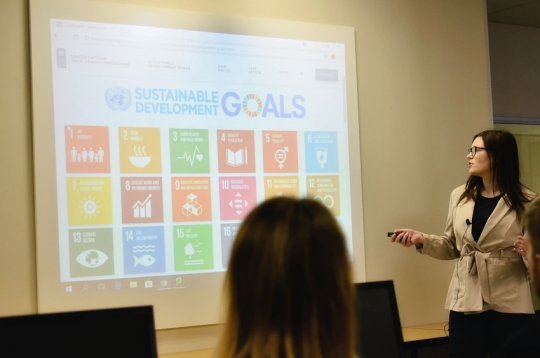
Q: As a young individual what are a few of the hurdles that you had to overcome up until today?
A: I prefer to not consider challenges in life as ‘hurdles‘, but rather as learning opportunities. I believe my biggest learning opportunity I have had is learning to find people that are as driven to change the way things are done to promote a better future. Many people are comfortable in not challenging the status quo, however ensuring a better future requires that we do.
Secondly, although failure is difficult, I believe it is a great learning opportunity for our success. I have failed many times when applying for opportunities and have often reconsidered my way of thinking and my own frame-of-reference. The truth is the cycle of failure and being able to reconsider our future helps develop our capacity to be impactful individuals, as the world is full of ups and downs and it is how we deal with this that defines us.
Q: Why is the role of a mentor important for you?
A: A mentor is a person who is there to guide another along their journey from experiences of their own and from lessons learned. It is a person who is wanting to play it forward – to inspire another and to ensure that others remain focused and motivated toward achieving their future goals.
Q: Name a project, a foundation or a person in your country that you think is doing great work in helping improve other people's lives!
A: The Rural Health Advocacy Project - They are doing great work advocating for the health rights of rural communities in South Africa.
Q: What are some of the challenges that women in your country face and what efforts are made towards gender equality?
A: Currently, women in South Africa do not have access to equal opportunities as men and are not treated equally to men in many communities. Patriarchal gender dynamics of communities promote gender-based violence and poverty of women and institutions often have less opportunities for women and have out-dated institutional culture favouring men.
Currently, there are institutions reviewing their institutional culture and trying to reform policies. There are also NGOs and initiatives targeting gender-based violence and aspects of gender in communities. Although these are growing in number, many women still face challenges on a daily basis.
Q: Share with us a phrase, a poem or a story that you love or you find interesting!
A: "Normality is a paved road. It’s comfortable to walk, but no flowers grow on it.”
- Vincent van Gogh
Q: Tell us one thing that you have learned from your mentor.
A: Remember the bigger context in whatever you may do. Remember that your work and efforts contribute to this bigger picture to promote the greater good. Do not stress about the next step, as all may align to this greater good.


